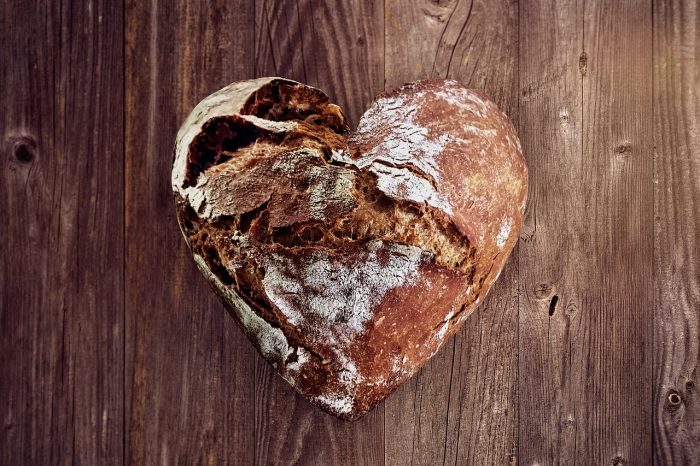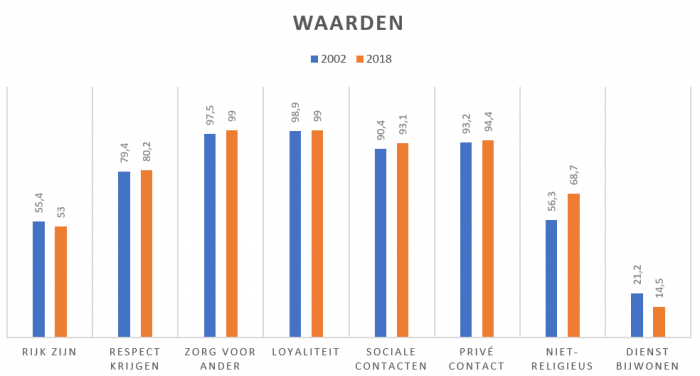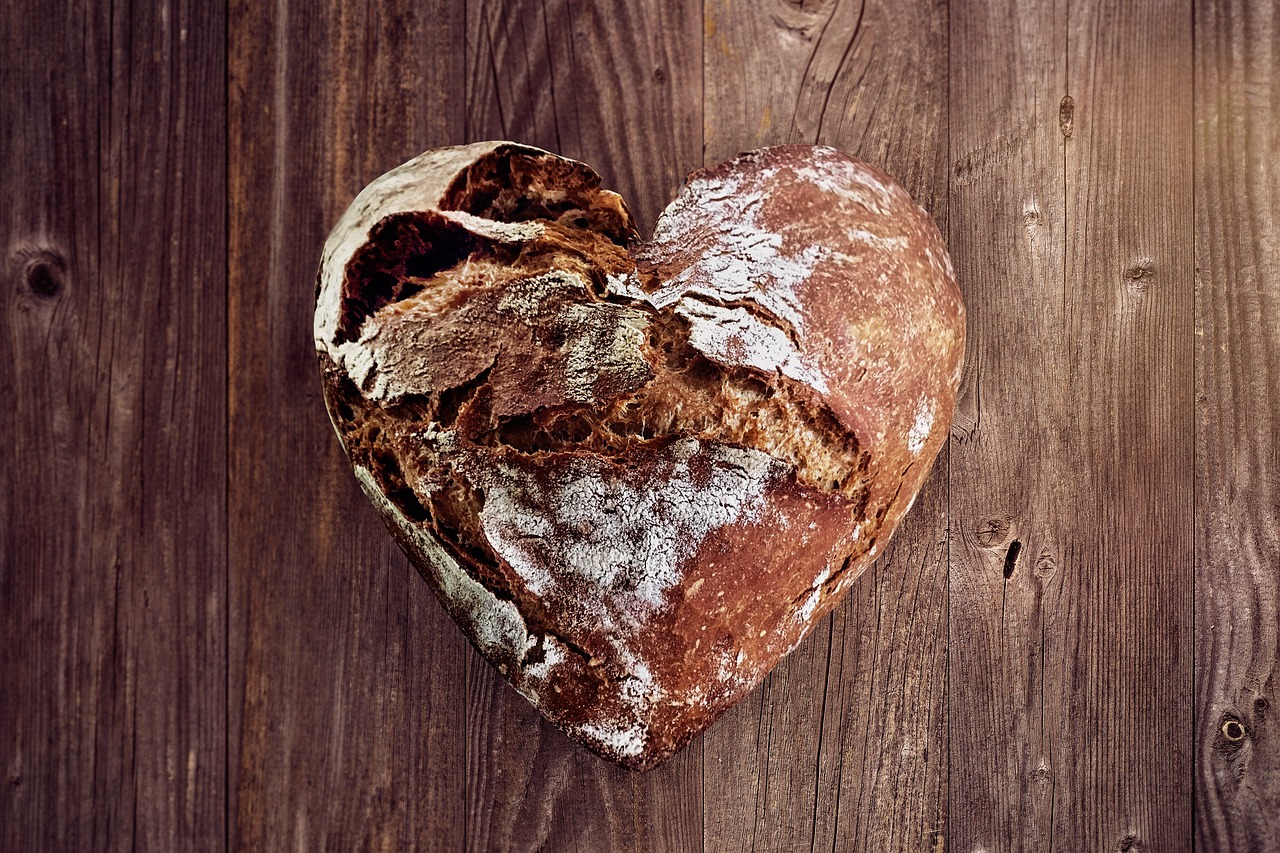In research, it is not common to ask people bluntly whether they feel individualistic or selfish. But other human values and characteristics are known to be related to gratitude, individualism, and selfishness. For example, gratitude cannot go together with materialism, gratitude lets us focus on the other, and religious people are more grateful. Perhaps we can find an answer about the current degree of selfishness and individualism, and whether we are still grateful, by focusing on these other values and characteristics.

Egoism
I started my search for an answer on the website of the European Social Survey (ESS). The ESS is a cross-cultural study that is conducted annually in around 20 European countries. They make their data publicly available and it is possible to perform all kinds of analyses directly in the browser. I was able to compare the years 2002 and 2018 with the help of the data. The questionnaire asks the more than 30,000 participants questions about their values such as power, kindness, social contacts and religion. It is known that these values are related to gratitude, but that they can also be an indication of selfishness.
Power
Power is wanting to impose your will on other people, even against their wishes or interests. Gratitude and power have an interesting relationship. Powerful people who feel attacked are more likely to denigrate the other. As soon as the other person expresses gratitude, the powerful person is less inclined to be denigrative. Also, expressing gratitude is seen as paying respect for someone else. And already mentioned, materialism and gratitude do not go together. It is almost impossible to want more stuff and at the same time to be grateful for what you already have. Valuing power could therefore hinder the experience of gratitude.
When asked whether it is important to be rich, and to have money and expensive things, 53% of Dutch people said that this is a little to very important for them. This percentage was 55.4% in 2002 and has therefore remained virtually unchanged in the last 16 years. There were differences in gender and age. Apparently, women and the elderly attach value this more than men and young people. People were also asked whether it is important to receive respect from others. In 2002, 79.4% of the Dutch participants thought that was important, and in 2018 it was 80.2%. Older people believe that receiving respect is more important than young people. Being rich therefore seems to be less crucial than getting respect.
Kindness
In an individualistic society, there is thought to be less kindness. Gratitude is a social emotion that plays a central role in relationships. Kindness and gratitude are related, because expressing gratitude motivates the kindness of the benefactor. Also, it encourages the kindness of the receiving person to do something kind to someone other than the benefactor. In addition, gratitude creates a social bond between people and loyalty for family and friends. Gratitude goes hand in hand with a persistent thought of wanting to give back something kind for a favor received, now or in the future. Gratitude and kindness therefore seem to be mutually dependent.
Of the Dutch participants in the ESS, no fewer than 97.5% in 2002 and 99% in 2018 indicated that it is important to help others and to take care of others. Men consider this to be of greater value than women in both 2002 and 2018. Young people consider this more important than the elderly in 2002, but this difference disappeared in 2018. The percentages are also high for loyalty to friends and commitment to loved ones. In 2002, 98.9% of the participants indicated that this was important and in 2018 this was 99%. In both 2002 and 2018, men scored higher than women. In 2002 there is no difference in age, but in 2018 that was the case; the elderly consider loyalty to friends and commitment to loved ones more important than the young. Kindness as a value still seems to be alive and well in the Netherlands.
Social contacts
The ESS questionnaire also asked several questions about social contacts. For example, they asked the participants how often they had contact with friends, family and colleagues. In 2002, 90.4% of Dutch people said they had social contact with friends, family and colleagues at least once a month; in 2018 that was 93.1%. Young people and women have more social contacts than older people and men. Most of the Dutch people have at least one person to discuss personal and intimate topics with. In 2002 it was 93.2% and in 2018 it was 94.4%. The elderly and women have more people to share their concerns with than young people and men. Regular contact with other people seems to be the norm among the Dutch participants.
Religion
Gratitude and religion are inextricably linked. Gratitude plays a central role in all philosophies of life and is regularly mentioned in texts and services. In the Netherlands, we saw a decrease in the number of people who consider themselves to be religious for years. The ESS also asks about the religiosity of the participants. In 2002, 56.3% of the Dutch population indicated that they did not belong to a religion. Only 21.2% of those who do believe went to a service at least once a month outside of the special religious days such as Christmas or Eid. In 2018, the percentage of non-religious Dutch had already risen to 68.7%. Of the people who said they are religious, only 14.5% go to a service outside the special religious days. With the disappearance of religion and the religious community, a place where gratitude is mentioned on a regular basis disappears.

Individualism
The Central Bureau of Statistics of the Netherlands has conducted research into the individualization of their country. Individualization has three main parts. The first part is the influence of social and social institutions such as church and marriage. The second part is the freedom of choice and self-determination of the people within a community. The third part, the bond between the individual and different groups in the community is important.
Institutions
The figures from the EES already showed that the influence of religion and the church has virtually disappeared from the Netherlands. People are less religious and of the people who do believe, only a small group go to a prayer house. Marriage too loses its self-evidence. Fewer and fewer people are getting married and the number of people living alone has never been so high in 2016 with 38%. The obvious connections with others seems to be slowly disappearing from our society.
Freedom of choice
More common is the growing emphasis on being unique. This is reflected, for example, in the first names of children. More and more children have unique and sometimes self-invented names in the Netherlands. Another development regarding wanting to be unique is the increase in piercings and tattoos in the Netherlands. By applying decorations to the body, people want to distinguish themselves from others. And in the past, marriage used to be an economic entity in which you did everything together. Nowadays, we want both partners to be financially independent. We value it when people want to be autonomous and unique.
Social connections
We have already seen that most people in the Netherlands have regular contact with others. People are also often members of associations; about three-quarters of the Dutch are members of some association or club. Nowadays, contact is not only taking place in real life, but social interaction also takes place via the internet. Dating over the internet is extremely popular and the internet is ranked fourth as a place to find a romantic partner. Only 2% of the cohabiting couples had met on the internet in 2003, in 2008 this was 10% and in 2013 already 13%. People still have many social contacts and digitization has added a new dimension.
More selfishness and individualism?
So, can we say there is now more selfishness and individualism than in the past? The values associated with selfishness and gratitude do not seem to have changed over the last 16 years. Encouragingly, high percentages are related to kindness. We apparently still have an eye for the other. Due to the digitization and the disappearance of institutions that ensured solidarity and engagement, there seems to have been more emphasis on independence and being unique. On the other hand, we see that the Dutch still have many contacts, but we are increasingly less part of a large demarcated group within society. Because of this, people feel that they are being thrown back on themselves and are trying to take care alone. Fortunately, I cannot conclude that there is more selfishness, but there seems to be an increasing emphasis on the individual who has to find a new way to be connected to others.
Conclusion
Are we still grateful? That was the question with which this article started. There are several points that stand out in the foregoing. People still find it important to pay attention to other people and most people also have a lot of contact with others. So, there are enough options to express and receive gratitude. On the other hand, an important place has disappeared where gratitude played a central role: the church. Because of this, the word “gratitude” may have disappeared from our daily lives. And if you barely or ever get in touch with the term, you do not know enough what it means and that in turn does not motivate you to be grateful.
I therefore think that we must first make a distinction between being grateful, being ingrateful and being ungrateful. Being ungrateful means that someone has the feeling that they are entitled to something. Being grateful is the realization that someone has given or done something valuable. Being ingrateful arises if you do not know that gratitude exists, how it feels and how you can express it. I think that people are increasingly ingrateful because they do know little about gratitude. They simply do not encounter it enough. As soon as we ensure that people’s eye falls on gratitude, more people will be able to be thankful again. Let’s get started!

